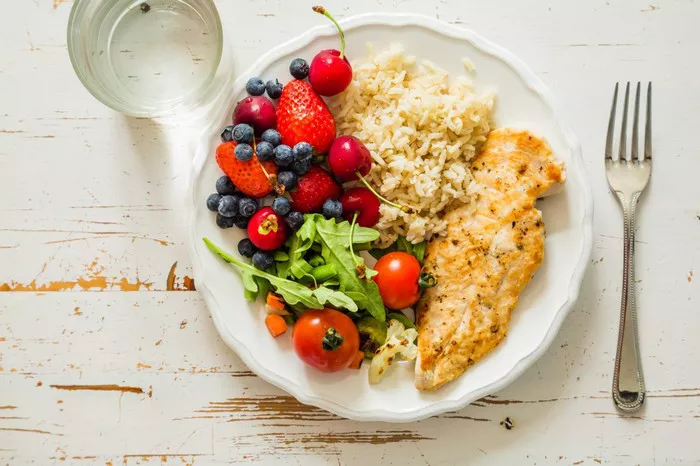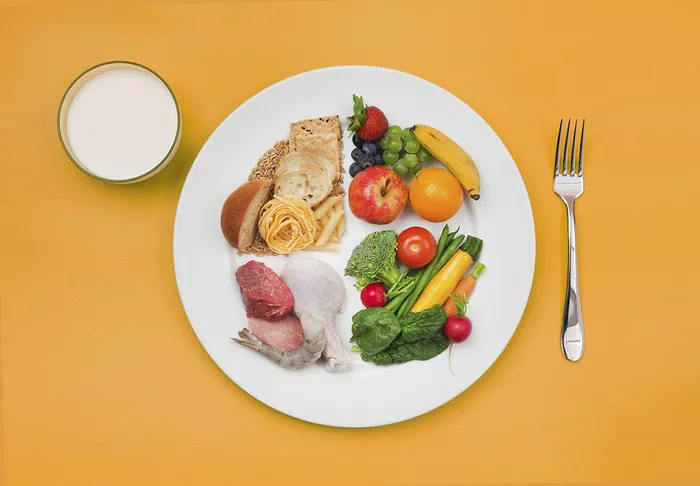A charitable organization dedicated to channeling surplus food to community groups has issued an urgent appeal for additional drivers to aid in the distribution of provisions. FareShare has underscored that the escalating need for sustenance has outstripped its current volunteer driver capacity in both Newcastle and Middlesbrough.
FareShare is actively involved in redistributing “hundreds of tonnes” of surplus food received from manufacturers to various groups that operate food banks and cafes. Reflecting the pressing demand, Jake Hanmore, FareShare’s Chief Executive in the North East, has noted that the requirement for food assistance has “skyrocketed.”
In fulfilling their mission, FareShare collaborates with a diverse array of community entities, ranging from homeless shelters to breakfast clubs and community cafés. The organization aims to address not only the immediate hunger crisis but also the underlying factors contributing to food insecurity, such as loneliness, isolation, cooking skills, training, and support during challenging periods.
The operational model involves collecting surplus food from manufacturers, a category that includes excess production and items deemed unwanted due to packaging issues.
Highlighting the scope of their ambition, Mr. Hanmore has expressed the organization’s intent to broaden engagement with the food industry to access untapped sources of surplus sustenance. In tandem with this initiative, the pivotal need for additional volunteer drivers has been emphasized. The sheer volume of food – amounting to hundreds of tonnes weekly – necessitates enhanced logistical support.
Lizzie, one of the volunteer drivers, attested to the rewarding nature of the role, which allows her to give back to the community. She also noted the growing anticipation and demand witnessed outside the community groups she serves, where individuals eagerly await the food deliveries, a testament to the crucial role these provisions play in daily sustenance.
FareShare’s reach extends to over 200 groups throughout the region. Emma Bell, manager of Embells Community Support Project in Gateshead, highlighted the confluence of factors contributing to heightened demand. She observed that cost-of-living pressures and school summer holidays had magnified the need for food assistance. The shifting dynamics have led to more people seeking support, including those who are employed. At the same time, a decline in donations has been experienced, prompting organizations like Embells to rely on FareShare to bridge the gap.
The call for additional volunteer drivers reflects the vital role such individuals play in ensuring the efficient and timely distribution of surplus food to those in need, underscoring the profound impact community initiatives can have in addressing food insecurity.

























